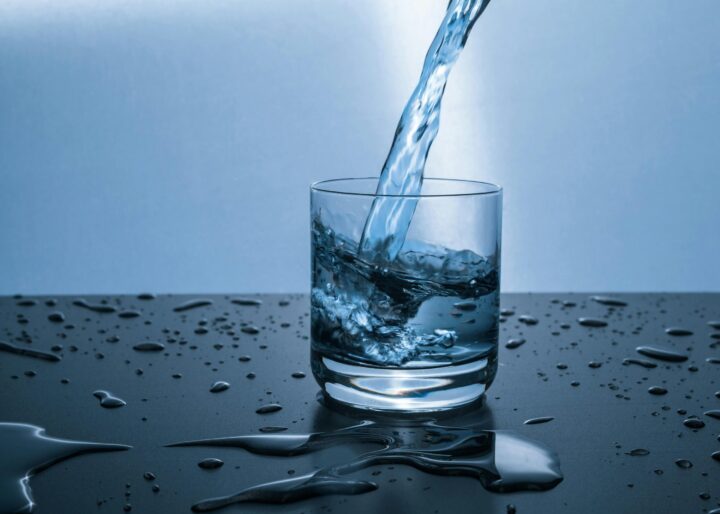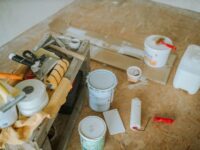The following contribution is from another author.
You might be wondering if you still need a water filtration system in your home even if you already have high-quality tap water in your locale. Well, the answer depends on your personal preference, health concerns, and the water conditions within your neighbourhood.
Quality of Municipal Tap Water
Most urban settings in Australia may already have high-quality tap water that already meets the national safety standards. That is because water authorities have already treated and monitored water for contaminants, chemicals like chlorine, and pathogens to ensure safety.
However, water sources and local treatment facilities come from different places. In fact, field runoff, minerals, and sediments may be higher in some areas than in others.
More importantly, people should know that chlorine is commonly used to disinfect water that may also leave an undesirable taste and smell. That said, many people would install basic filters in order to improve the taste of tap water without removing the essential minerals in it.
Concerns for Health and Safety
Needless to say, there are people with weakened immune systems, elderly, and infants. So, they may prefer to have water filtered in order to reduce trace contaminants, parasites, and bacteria. Understandably, health professionals may advise that they avoid certain chemicals or heavy metals even if they are within safe levels.
Likewise, some older homes may have plumbing that contains lead or copper that can leach into the drinking water. So, a water filter can help mitigate the risks, particularly in houses built before any modern plumbing standards were established.
Various Types of Water Sources
Rainwater tanks in rural or remote areas are commonly used for drinking water. Note that rainwater may have sediments, bacteria, and other contaminants from rooftop runoffs. Because of this, you should have a filter system in place. On the other hand, a lot of people who live in very rural places may use mineral-rich bore water. But they also have heavy metals and nitrogen in them that are bad for you. Bore water can be safe for consumption if it has been through a robust filtration system.
Environmental Factors for Using Water Filter
The world is already full with waste from bottled water usage. Thus, many Australians utilise Sydney home water filters in order to avoid the environmental impact of these bottles. In fact, filtered tap water can offer a sustainable alternative and may offer similar or better water quality compared to bottled water.
Different Types of Water Filters
The country has a lot of water filtration systems, but a few may be popular for most people. For instance, carbon filters are effective for the removal of chlorine, while improving taste and smell. Homes with generally good tap water quality with minor taste concerns can appreciate this type of setup.
Reverse osmosis can also provide extensive filtration by removing a wide range of contaminants including heavy metals. This is quite suitable for rainwater or bore water, but not in areas with high-quality tap water. There are also UV purifiers that are also popular in areas using tank or bore water to eliminate pathogens and bacteria without adding chemicals. Lastly, whole-house filters may also be common in areas with hard water and high sediments by filtering all water entering the home.















